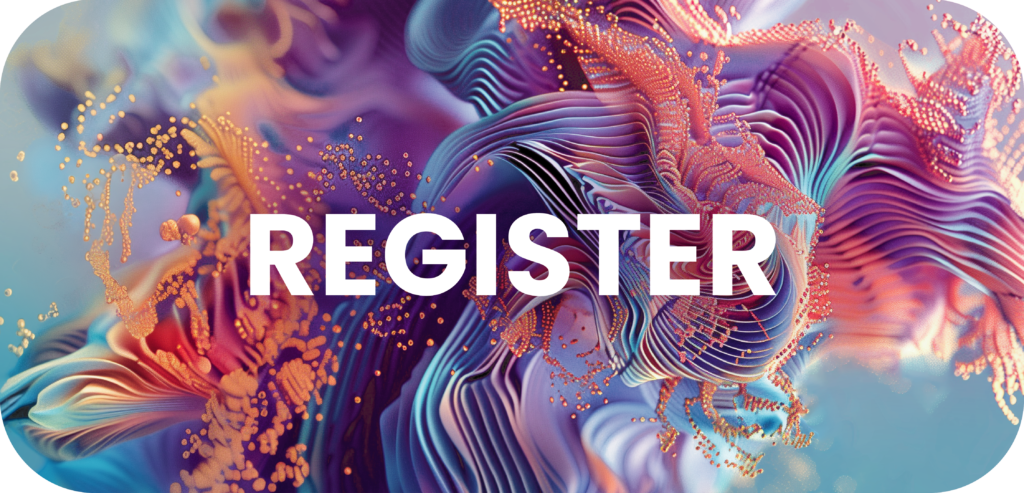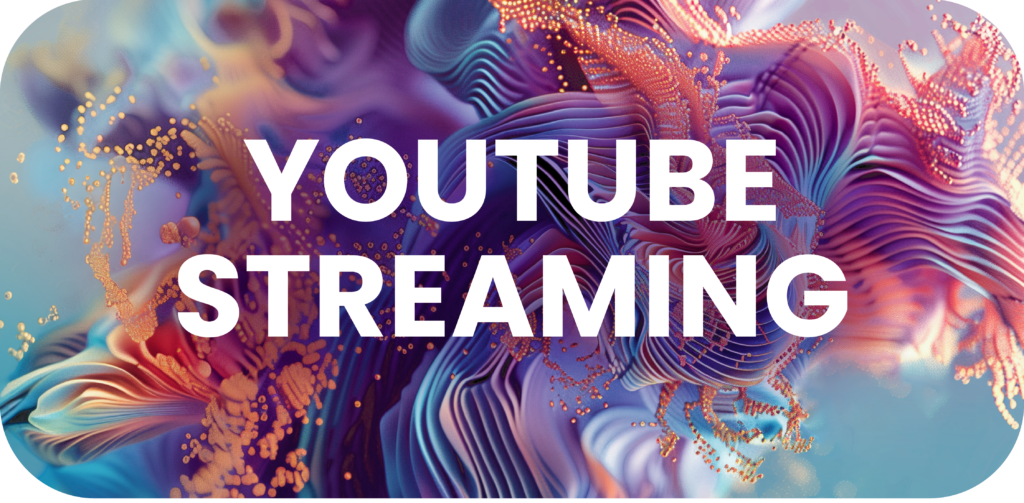Microscopic Landscapes: Engaging with Agents from Planetary to Molecular
Instructors: Alejandro Haiek Coll (course leader) / Lolo Rebecca Rudolph / Irina Urriola / Tomas Mena / Aram Badr / Hana Osman / Cesar Velando
Dates: 24 July – 28 July / 10:00 – 17:00 EST
Themes: Artificial Intelligence / VR / Design fictions
Software: Rhino / Blender / AI software – text, image, video such as ChatGPT and Midjourney / Stable diffuser / Alpaca / Photoshop generative fills / 3d-scanning app (lidar etc) / Youtube VR
Number of Students: 60
Workshop registration open until filled

Description:
The seminar invites participants to experience nature as a complex multiscale entity and journey into microscopic worlds of survival and rejuvenation. The research session will focus on exposing examples of man-made urban ground and infrastructure. Through case studies, the seminar will delve into the invisible scales of city landscapes, analyzing microscopic phenomena embedded in urban techno soil. By collecting data and samples from parks, gardens, demolition sites, or fractures and voids of highly industrialized areas, the collective research will journey into scales alongside microscopic organisms contributing to the recovery of toxic and injured landscapes.
Through art, science, and digital craftsmanship, we will develop forms of agency contesting to agents at the microscopic scale, exposing how climate change impacts the environment at a microscopic level. Using open-source tools, students will have the potential to translate data into the artistic domain, creating new environmental imaginaries and envisioning mediating forms between human impact and biological resilience.
We will use AI image generation to speculate on possible scenarios resulting from different bioremediation approaches. Prompting ideas for resilient landscape metabolism, the seminar will conclude by visualizing hypothetical ecological futures and critically discussing the intriguing scales of investigation. Through digital territorial analysis, site samples, microscopic visualizations, AI images, 3D scanners, and 3D printed material evidence, we will delve into invisible landscapes, entering a mixed reality experience across and within scales.
Detailed Schedule :
Day 1: 07/24 | 10:00 – 17:00 EST
- Initiation of workshop (Introducing Agenda) Molecular Landscapes Engaging with Agents from Planetary to Molecular
- Lecture + discussion: Nordic-Arctic Atlas – transcalar and metadimentional investigation of on territorial violence and environmental injustice
- Research time: Topic of investigation
- Introduction to tool: Microscopes + 3D-scanning (+ printing)
Day 2: 07/25 | 10:00 – 17:00 EST
- Research time: Material/Sample collection
- Tutorials
- Lecture: Alumni lecture
- Introduction to tool: AI generation and application (word + image + video)
Day 3: 07/26 | 10:00 – 17:00 EST
- Research time
- Tutorials
- Lecture: Alumni lecture16:00 – 17:00 Introduction to tool: Territorial representation – GIS + Rhino + Blender
Day 4: 07/27 | 10:00 – 17:00 EST
- Research time
- Tutorials
- Introduction to tool: VR software
- Research time
Day 5: 07/28 | 10:00 – 17:00 EST
- Preparation for final presentations
- Final presentation + wrap up

Alejandro Haiek Coll (Course Leader):
Ph.D. from University of Genova, MA Studio Leader at Umeå School of Architecture (UMA) and Affiliate Researcher at RISE. Founder of the Laboratory of Experimental Applied Arts Lab-Pro-Fab and the Laboratory for Planetary Diplomacy. His research and project-based practice focus on social and environmental re-engineering, investigating post-human geographies, self-governance and free zones as political forms of environmental diplomacy and territorial justice. His research explores planetary ecosystem services for the future, aiming to reorient life-existence within established geopolitical territorial control. His laboratories work cooperatively alongside an international and interdisciplinary research network, exploring infrastructural ecosystems and material excess.

Lolo Rebecca Rudolph:
Master’s degree in architecture and urban design from Umeå School of Architecture, Sweden. Guest teacher in BA Studio 3: The City as a Laboratory / Architectural Experiments in the North at UMA. Project coordinator in Lab.Pro.Fab. Researcher in the Laboratory of Planetary Diplomacy. Her research field investigates the relation between Nomadic Cultures and Pneumatic Systems, translating traditional and contemporary knowledge into lightweight hybrid technologies, enabling minimal footprints in fragile contexts.

Irina Urriola:
Architect with a blend of skills in digital and architecture design focused on emerging tools. Her work explores AI/VR technologies, generating images and creating virtual spaces with tools such as Unreal Engine, Unity, sketch up and other 3D software’s. Experiences includes working on audio-visual communication, research and architecture and urban projects. Communication coordinator at LAB.PRO.FAB. Her photographic work has been exhibited in Phaidon, Actar Publisher, Urban Next, Plataforma Arquitectura, domus, and e-flux.

Tomas Mena:
Architect with Masters in Computational Design from TH OWL University of Applied Sciences and Arts, Detmold, Germany. Developing projects oriented towards computational and parametric research tools. Guest Teacher in MA studio 12 and Free-standing course mapping changing ecosystems at UMA. Research field: algorithmic workflows for automation and interoperability.

Aram Badr:
Master of Engineering – MEng. Student in Computational Design at TH OWL University of Applied Sciences and Arts, Detmold, Germany.

Hana Osman:
Master’s degree in architecture and urban design from Umeå School of Architecture, Sweden. Guest teacher on Free Standing Course Mapping Changing, Urban Planning, and MA Studio 12 UMA.

Cesar Velando:
Master’s degree in architecture and urban design from Umeå School of Architecture, Sweden. Guest teacher on Free Standing Course Mapping Changing Ecosystem and Studio 12 Man Made Geographies, UMA.


